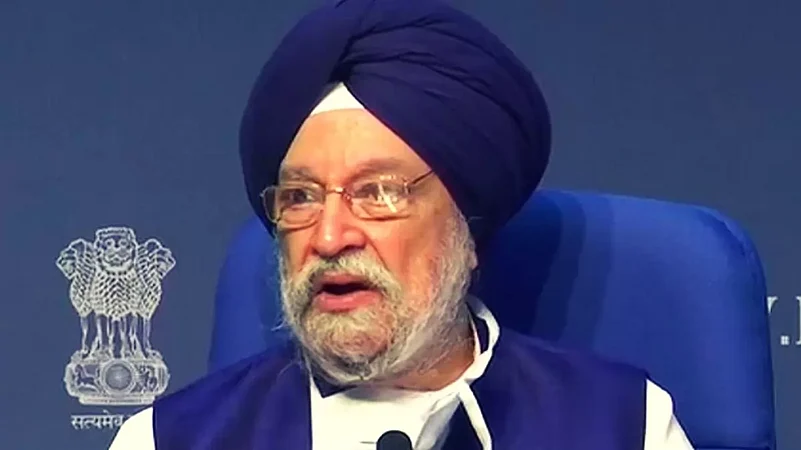Union Housing and Urban Affairs Minister Hardeep Singh Puri Wednesday said that women are leading the 'Garbage Free Cities' movement in the country, asserting that since 2014, India has witnessed a transformation in sanitation and waste management under the leadership of Prime Minister Narendra Modi.
According to the ministry, four lakh women are directly engaged in sanitation and waste management as an enterprise in urban India.
The minister was addressing the participants of the 'Swachhotsav - 2023: Rally for Garbage Free Cities'.
The Union minister lauded the 'Rally for Garbage Free Cities' as a women-led Jan Andolan wherein lakhs of citizens have taken on the responsibility of cleaning their streets, neighbourhoods and parks, the ministry said in a statement.
He also unveiled the 'Stories of Change' compendium which captures some of the amazing on-ground successes and informed the gathering that more than 300 women self-help group members have travelled across cities to learn various waste management models.
According to the statement, the government has not only provided dignity to women through the Swachh Bharat Mission, but also concrete livelihood opportunities.
The minister expressed his confidence that the resolve and determination shown in achieving the targets of SBM-U would be amplified manifold in the second phase of the Mission where India aims to become garbage-free.
He highlighted the importance of the 'Garbage Free Cities' rally in raising awareness about waste management in the country, as changes in consumption patterns and rapid urbanisation drive up waste generation, the ministry said in the statement.
Speaking about the achievements of the Mission, Puri informed that urban India has become Open Defecation Free (ODF), with all 4,715 urban local bodies (ULBs) completely ODF, 3,547 ULBs ODF+ with functional and hygienic community and public toilets while 1,191 ULBs are ODF++ with complete faecal sludge management.
Further, waste processing in India has gone up by more than four times from 17 per cent in 2014 to 75 per cent today.
This has been aided through 100 per cent door-to-door waste collection in 97 per cent wards and source segregation of waste being practised by citizens across almost 90 per cent wards in all ULBs in the country, the statement added.
-With PTI Input


























